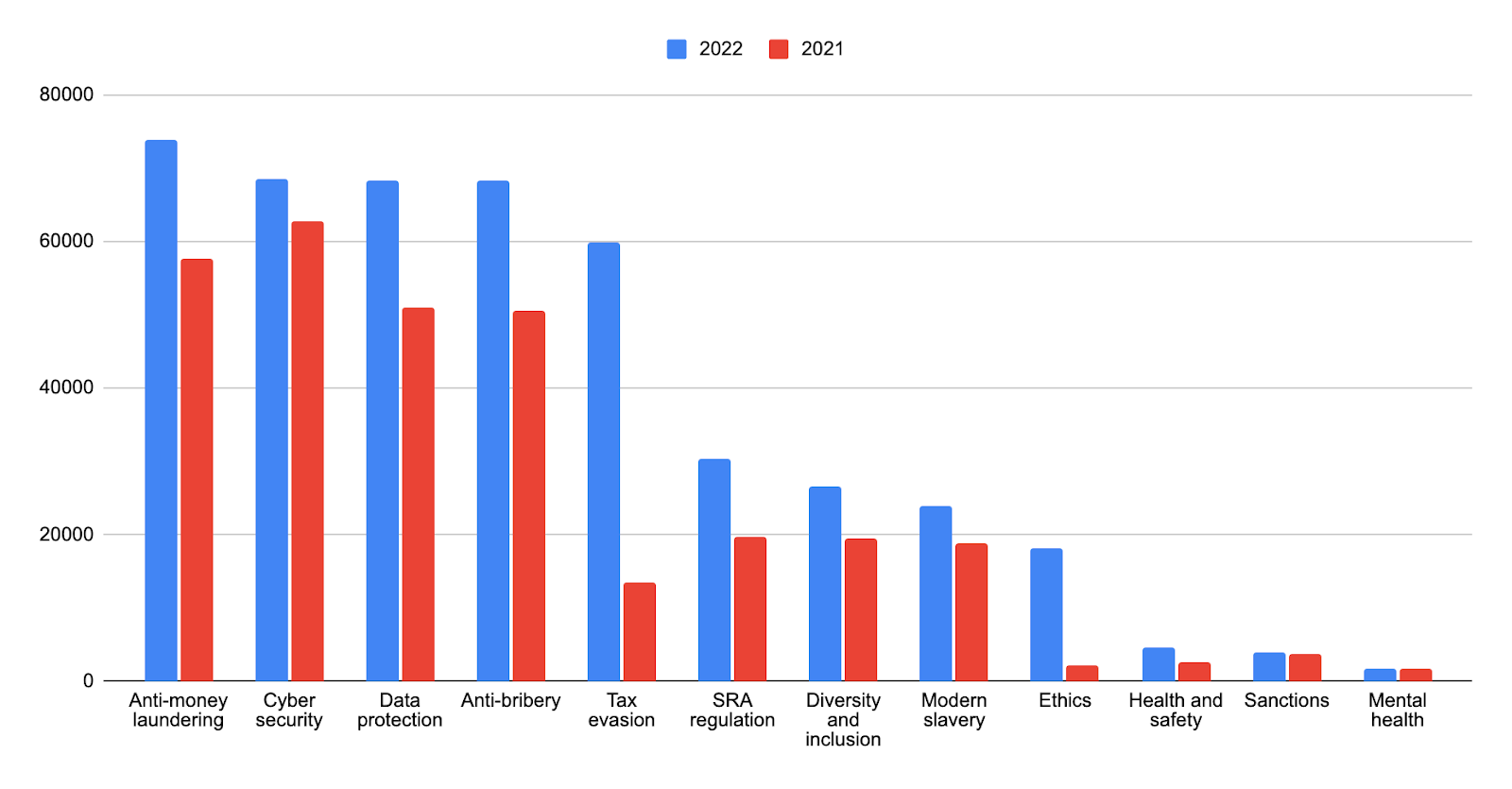
Engaging today’s employees and attracting tomorrow’s talent – the importance of ESG
Looking around, we see evidence of companies responding to growing environmental, social, and governance (ESG) issues everywhere. Whether it is announcing net-zero emissions targets, closing the ethnicity pay gap, or reducing plastic in packaging.
These efforts are often undertaken to satisfy investor expectations or consumer demand. But another critical stakeholder group mutually benefits with ESG – employees. The key to ESG success, employees are on the frontlines of implementation. What’s more, employees want to work for companies that share their values, making ESG table stakes for talent attraction and retention.
The power of pairing ESG and employee engagement
World events over the last few years have brought sustainability to the forefront, bringing with it changing employee attitudes. In 2021, 56% of Americans ages 38 and younger quit their jobs for more flexibility, better pay, and deeper purpose. Changing HR strategies for hybrid work and compensation may help attract talent in the short term, but long-term success in retention will be affected by the company’s commitment to humanity and the planet.
Today, purpose-driven companies have 40% higher workplace retention levels than competitors. Additionally, companies with higher employee satisfaction have shown lower emissions, illustrating that engaging employees can increase satisfaction as well as ESG performance.
One powerful way to kickstart employee engagement with ESG is through training.
What is ESG training?
ESG training informs users what ESG is, why it is important, and the core concepts. Training raises awareness of how ESG impacts an organisation’s strategy and financial considerations. Courses can cover a variety of topics on different levels, such as an introductory course giving basic explanations of the factors or a more in-depth course that covers areas such as disclosure, financial analysis, and climate risks. Additionally, training can cover the social and governance parts of ESG, including diversity and inclusion, customer satisfaction, policy making, and more.
Courses and training programs should be tailored to the user’s role and provide users with an understanding of their role in the company’s ESG initiatives.
Why is ESG training important?
Employees make or break the success of any ESG strategy, as the interface with customers, supply chain managers, or product designers. Training on ESG provides a critical understanding of relevant environmental, social, and governance issues that affect the business. This understanding enables employees to contribute to their respective activities and build buy-in for the firm’s strategy.
Additionally, training is an opportunity to demonstrate the company’s commitment to ESG to all employees. It brings ESG out of a silo, involving only a small group of staff, into a process that is deeply embedded in the organisation’s culture. This has been shown to increase employee engagement, employee retention, and ESG performance.
Best practices for employee engagement in ESG
With its scale and complexity, starting an ESG strategy can seem like a herculean task. That’s why training is a great place to start – employees learn how to implement ESG for the company, scaling the impact of the core ESG team (while boosting engagement and satisfaction).
Beyond training, best practices for employee engagement in ESG include:
- Starting with a clear vision and mission for the ESG program, and identifying where employees can be involved;
- Providing a structure and support for employees to get involved – for example, by hosting hackathons or team challenges that address material issues, or secondments in ESG-related positions;
- Demonstrating genuine commitment to ESG by supporting employee-led initiatives;
Keeping employees informed by incorporating sustainability announcements and successes into company communications, especially those from senior leadership to further demonstrate commitment.
VinciWorks’ ESG training
VinciWorks’ ESG awareness training is designed to give your employees an overview of what ESG means, why it’s important, and what you can do to help your company achieve its ESG goals. While our micro-course gives an introduction to ESG, our in-depth course goes into further detail of each employee’s personal role and responsibilities in their company’s ESG initiatives.















